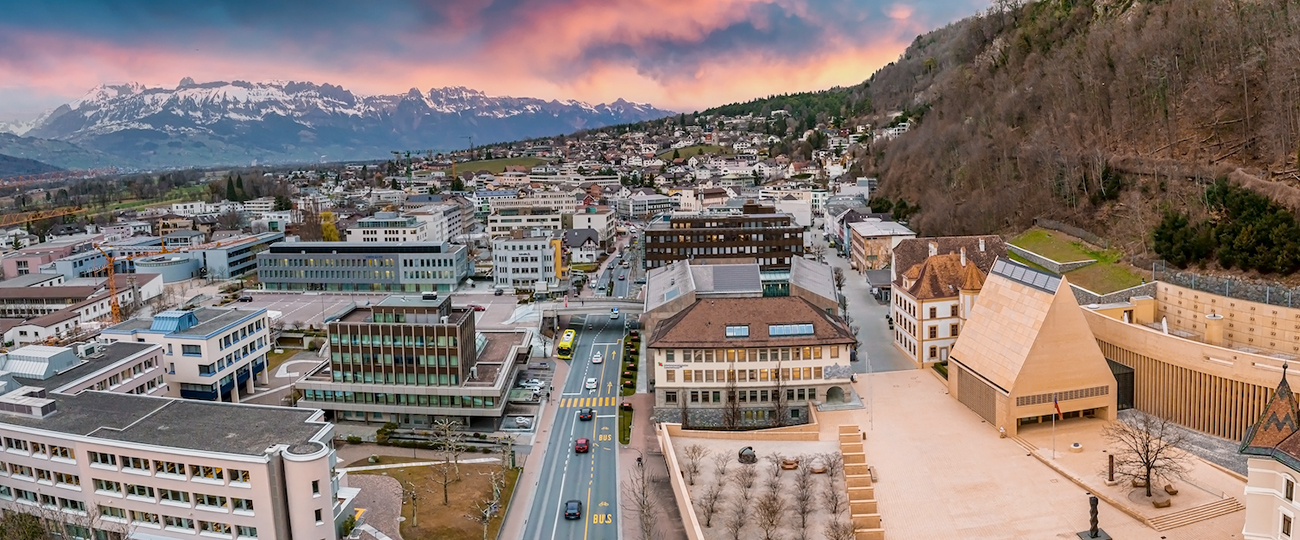Liechtenstein is a thriving financial and industrial hub, offering stability, innovation, and investor-friendly policies. With a strong economy and a commitment to sustainability, it continues to punch above its weight on the global stage.
Situated between Austria and Switzerland, the Principality of Liechtenstein is a tiny country with enormous economic clout. On a modest area of just 160 km² – almost three times the size of Vienna, – the principality has confidently maintained the status of one of Europe’s leading financial and industrial centers. Stability, low taxes, and a focus on innovation make Liechtenstein a magnet for investors and corporations from all over the world.

In terms of GDP (PPP) per capita, Liechtenstein is among the world leaders: by the end of 2025, this figure is projected to be $172,000 – higher than that of neighboring Switzerland. The country is traditionally associated with a robust financial sector, with assets under management by local banks exceeding $460 billion. However, its secondary sector is no less significant, as global companies like Hilti and Kaiser are headquartered there. Liechtenstein’s strong industrial base, which includes the production of medical devices, electronics, and automotive parts, further supports its economic growth.
Since the 1920s, Liechtenstein has formed the world’s first “tax triangle” with the cantons of Zurich and Zug, becoming one of the major economic hubs of Europe. Favorable tax conditions and a reliable banking system attract transnational corporations and investment funds here. However, the principality has long gone beyond the classic offshore: today it is actively implementing transparency standards and cooperating with international organizations.
The environmental agenda is becoming another priority. By 2030, Liechtenstein plans to reduce greenhouse gas emissions by 55% compared to 1990 and to achieve complete climate neutrality by 2050. This policy attracts companies focused on green technologies and sustainable development.
The path to the country’s modern prosperity was not easy. After World War II, the principality found itself in a difficult financial situation, so the ruling family even had to sell off works of art from its collection. But the country has proven itself strong even in turbulent times. Its sound economic policy and focus on business attractiveness made Liechtenstein one of the key business hubs of Europe. Today, the Prince of Liechtenstein Hans-Adam II is considered the richest monarch on the whole continent.
Liechtenstein, though small in size, competes assertively with the top economies globally. By blending financial stability, a strategic tax system, and forward-thinking sustainability efforts, the principality continues to enhance its position as a vital business capital in Europe.
Serbia’s steps into a green future are making it also a leader in sustainability within the Balkans. By 2030, Serbia aims to generate 45% of its electricity from renewable sources, a goal outlined in the Integrated National Energy and Climate Plan.
These transformations mark the rise of Serbia, which is confidently marching into the future amidst upheavals, demonstrating that resilience and adaptability fuel progress. Expo 2027 is a turning point and a call to the world to witness this nation where challenges only foster growth.
